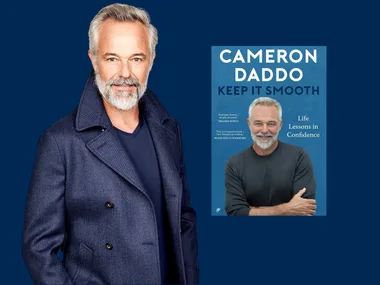Rules of Civility by Amor Towles, Sceptre, $29.99.
Take The Great Gatsby, throw in a little Breakfast At Tiffany’s, and mix it up with a whole lot of attitude in a cocktail shaker and you’ve got Rules of Civility, a sophisticated coming of age story set in 1938 Manhattan.
Katey Kontent is a typist in the big city, streetwise and smart and headed for bigger things. Her friend Eve Ross is a freedom loving, surprising beauty from the Midwest.
Together they’re scamming drinks and cheap meals when they meet the well-connected young banker Tinker Grey and are introduced to the trust fund crowd.
Just as Gatsby’s young friend Nick discovered, all is not as it seems in high society. Katey is a smart and sassy storyteller, who learns on her journey through the Upper East Side that all the random decisions we make in our twenties shape our lives for decades to come, and that New York is the kind of city that just turns you inside out.



















